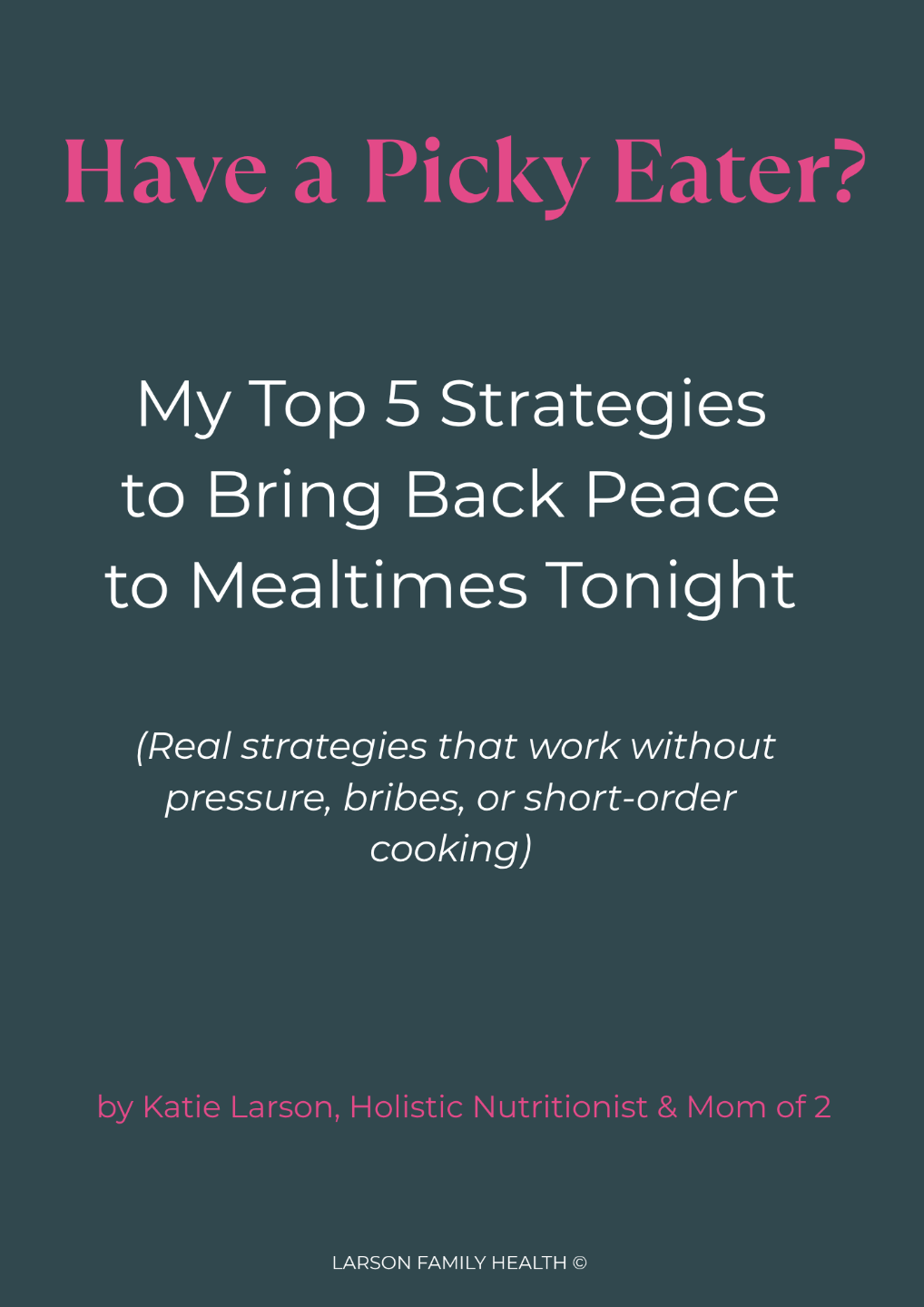
CBD Oil—Hype or Hero?
Sep 28, 2020If you had told me a year ago, that I would be on board and promoting CBD oil, I would have told you were smoking it and out of your mind.
I actually would have said that.
Then research started to come out. And functional doctors started talking about it. And I started listening.
Let’s back up. CBD. What is it?
CBD stands for cannabidiol. It is an extraction from the marijuana plant and is just one of hundreds of chemicals found in the plant. CBD can also be found in hemp plants. THC, the perhaps more well-known compound, is found in marijuana and has psychoactive properties. It is not found in hemp. CBD from hemp does therefore not have these psychoactive properties either. In fact, in order to be sold across the United States, CBD is not allowed to have THC present in it. For that, you’ll have to visit your local medical marijuana store.
CBD sales have been skyrocketing and are projected to be a multi-million dollar industry. Is all this excitement hype? Or is this a product you need in your house?
Today we will focus on how to use it and why. For more in-depth info on how it works, I’m going to direct you to this post on ChrisKresser.com which has more information than you’ll ever need to know. He explains how our endocannabinoid system works. Our bodies were designed with this system that is primed and ready for CBD interactions AND it regulates and plays a huge role in our nervous system, immunity, and inflammation.
In the simplest of terms, CBD can enhance or inhibit the transmission of signals between cell receptors. For example, CBD enhances GABA signaling, which inhibits excessive neurotransmission which is likely why it has a calming and anti-anxiety effect (Bakas et al., 2017)
What It Helps With
Anxiety
Several small studies have indicated that CBD use decreased anxiety compared to a placebo. CBD interacts with central nervous system receptors that regulate fear and anxiety behaviors (Blessing et al., 2015). It may also help with sleep and depression via these same pathways.
Cancer
Research shows that CBD may be a helpful non-psychoactive alternative to THC. CBD has been found to regulate signaling pathways involved in cell proliferation, survival, and inhibitory cancer cell development and programming (Siedzowski et al., 2018). CBD has also been shown to stimulate autophagy. This is when the body "cleans house" and gets rid of damaged cells and regenerates new ones. CBD has also shown potential as a treatment for a variety of cancers, including melanoma, prostate, and breast, and can enhance the cytotoxic effects of chemotherapy. CBD has an excellent safety profile and can be used for nausea and pain associated with cancer treatments.
Inflammation and Pain
CBD has been shown to be effective in the treatment of chronic pain. In animal studies, topical CBD decreased pain and nerve damage in rat models with osteoarthritis (Philpott et al., 2017). Studies on humans are limited, however. CBD does not appear to alter the perception of pain (Hammel et al., 2016). I can speak to multiple anecdotal stories of how CBD eased joint and muscle pain, however, the research has not yet confirmed this.
What To Look For
If you haven't noticed, there are hundreds, if not thousands of companies that are jumping on the CBD bandwagon. Quality control has been an issue and third-party testing has shown high variability in quality and effectiveness. More importantly, there have been discrepancies found between what's on the label and what's actually in the product.
A 2017 Journal of the American Medical Association looked at 84 CBD products from 31 different companies and found that 69% of CBD products did not contain the amount of CBD reported on the label while 18 of the products contained THC (which they should not have). A 2018 Consumer Lab report found the dose of CBD per suggested serving ranged from 1.3mg to 22.3mg, a 15-fold difference! Pricing also varies greatly and as with most supplements, it is not an indicator of quality.
When you are shopping around, make sure to look for products that tell you exactly what you are getting. Pop on their website if you can to learn how they produce their oil (pesticide-free practices are a MUST). Organic hemp is critical because any pesticides used with concentrate during manufacturing.
After much research, this is the company I have decided to offer in clinic:
www.cvsciences.com
How To Use
CBD can be ingested or used topically. When taken internally it can help with anxiety, stress, sleep, and pain. When applied topically through a lotion or oil, it can help reduce, pain, swelling, and inflammation as a specific target.
Word of Caution
Some people may react negatively to CBD so it is always best to consult with your medical professional before embarking on a new supplement.
Who Should Avoid CBD
There is no research yet conducted on pregnant women or women who are nursing. The effects on the fetus and infants are not well understood. It can react with other pharmaceuticals, so if you have other supplements and prescriptions you take, please consult with your doctor. These include but are not limited to: antibiotics, antihistamines, antidepressants, and NSAIDs.
Well, what do you think? Is this something you are going to try or use already? Let me know in the comments!
Here’s to your health,
Become part of our newsletter community where you'll find inspiration, motivation, and helpful tips so you and your family can thrive!
We hate SPAM. We will never sell your information, for any reason.





